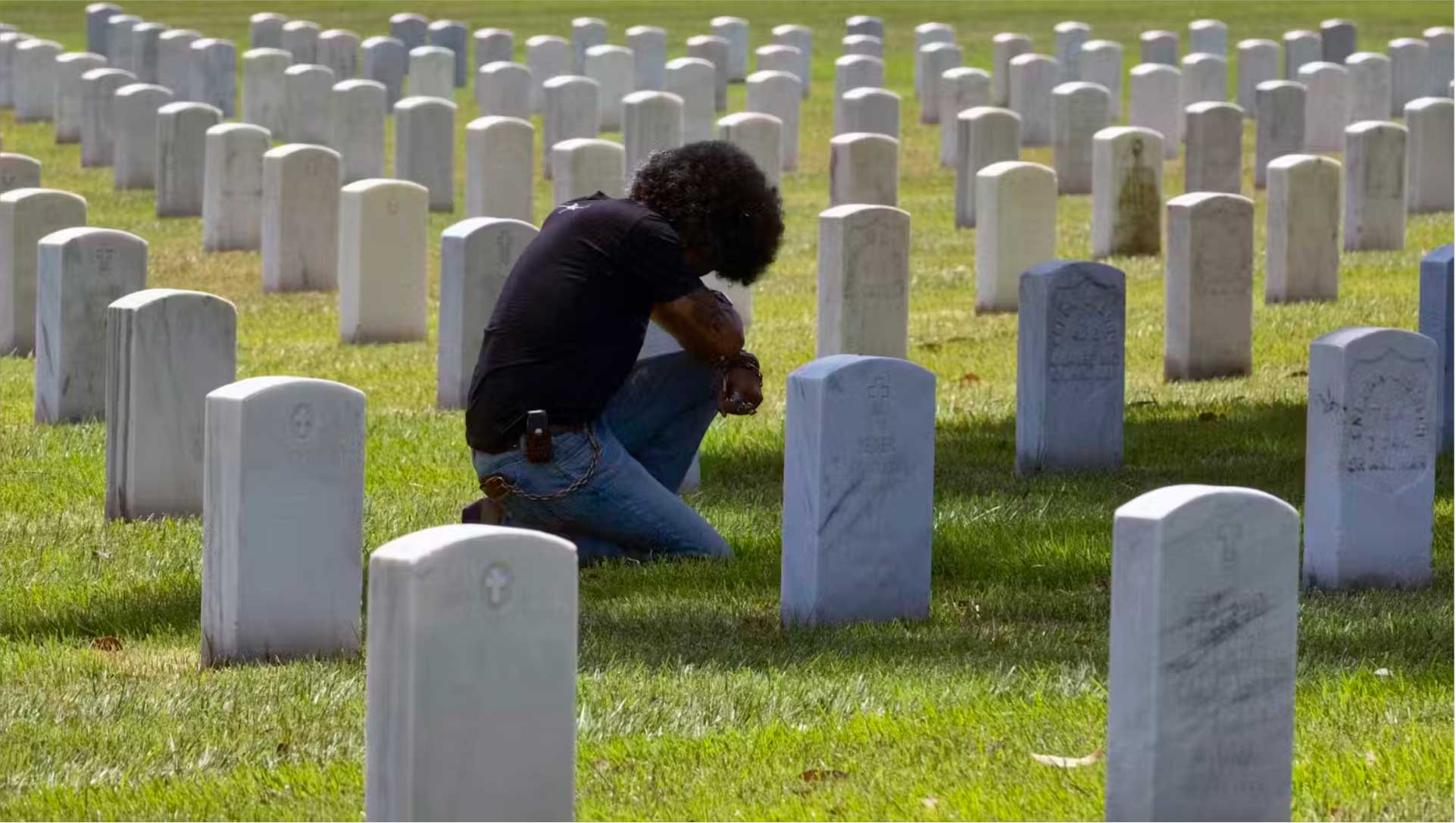Author: April Smith, Associate Professor of Psychological Sciences, Auburn University
Disclosure Statement:
This work was in part supported by the Military Suicide Research Consortium (MSRC), an effort supported by the Office of the Assistant Secretary of Defense for Health Affairs under Award No. (W81XWH-16-2-0003; ARS). Opinions, interpretations, conclusions, and recommendations are those of the authors and are not necessarily endorsed by the MSRC or the Department of Defense.

Although service members know they may lose their lives in combat in service of their country, they may not expect to lose their lives – or those they love – to suicide. A 2021 study estimated that four times as many active duty service members and veterans died by suicide as died in battle since 9/11.
Despite recent calls to action to improve suicide prevention within the military, suicide rates remain elevated among service members. In particular, active duty Army suicide rates were nearly two times higher than other active duty military services and more than two and a half times higher than the general population. Suicide rates are even more elevated in veterans, with an estimated 17 or more dying by suicide each day in 2021.
My research is aimed at identifying what drives high rates of suicide among certain groups. Better understanding what causes active-duty service members and veterans to think about and plan suicide is imperative for efforts to prevent it.
Risk factors for suicide within the military.
There are many reasons why service members and veterans may have elevated rates of thoughts of suicide and death. Notably, risk factors for active-duty service members can be different from those of veterans.
Some factors linked to suicide in active duty service members include loneliness, relationship issues, workplace difficulties, trauma, disrupted schedules, increased stress, poor sleep, injury and chronic pain. On top of these same factors, veterans may also experience difficulties transitioning to civilian life.
Additionally, service members may have an elevated capability for suicide, meaning a decreased fear of death, high pain tolerance and familiarity with using highly lethal means like firearms.
Rethinking suicide research in the military.
Increasing rates of suicide suggest that researchers need to study suicide differently in order to save more lives. Fortunately, several research advances are helping scientists rethink the way people study suicide within and outside the military.
In my lab’s recent study, we harnessed some of these innovations to study what drives thoughts of suicide among service members. We asked 92 participants to download an app on their phones and take short surveys assessing suicide risk factors four times per day for one month. Using a newer type of statistical method called network analysis, we were able to pinpoint which symptoms related to suicide risk had the greatest influence on other symptoms at one moment in time as well as over time.
Overall, we found that feeling ineffective or like a burden to others, a sense of low belonging or feeling disconnected from others, and agitation are important drivers of moment-to-moment and longer-term risk for thoughts of suicide among service members and veterans.
Increasing effectiveness and belonging.
Based on our study results, considering how the military both fosters and hinders a sense of belonging and effectiveness could help address suicide risk factors. This may become even more important as demands created by technology, such as drone pilots operating in siloed facilities, may lead active duty service members to be less connected to one another.
Additionally, some active-duty service members report task saturation – feeling like they have too much to do without enough time, resources or tools to get tasks done. They also report working an unbalanced amount of hours that precludes rest and reflection. Allowing soldiers more time to do their work and reflect on it could renew their sense of effectiveness and improve their understanding of how they contribute to overall goals.
Additionally, military leadership could find ways to prioritize and reward group-level achievements over individual accomplishments. This could lead to both increased belonging and reduced feelings of ineffectiveness, in turn reducing thoughts of suicide.
Finally, relaxation techniques, including progressive muscle relaxation, massage and gentle movement, could be beneficial in reducing agitation.
There is still much work to do to turn the tides in the fight against suicide and help those who serve and protect us. If you or someone you love is thinking about suicide, know that you are not alone and there is help. For military-specific resources, you can call 988 and then press 1, or text 838255. You can also visit www.veteranscrisisline.net.



